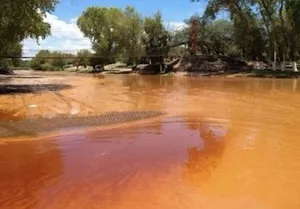
Copper Sulfide Mining
Copper sulfide mines can cause severe impacts to drinking water aquifers, contamination of farmland, contamination and loss of fish and wildlife and their habitat, and risks to public health.

Copper sulfide mines can cause severe impacts to drinking water aquifers, contamination of farmland, contamination and loss of fish and wildlife and their habitat, and risks to public health.
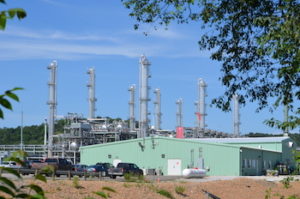
Learn about cracker plants, compressed natural gas plants, fractionator plants, and liquifaction plants.
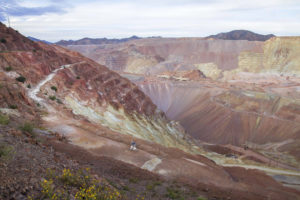
So-called “critical” minerals policy is simply the mining lobby’s latest gambit in a decades-long attempt to eviscerate community and environmental oversight of their industry—the nation’s largest toxic polluter.
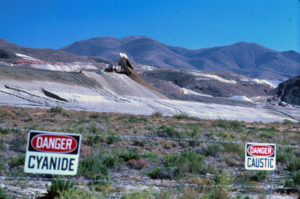
Today’s hardrock mining industry too often spills cyanide, endangering the environment, wildlife and humans.
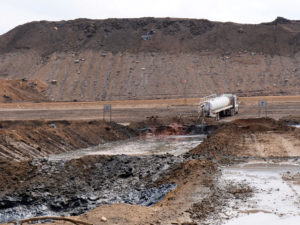
Currently the oil and gas industry is injecting millions of gallons of toxics underground, through groundwater and drinking water — and the public is largely in the dark.
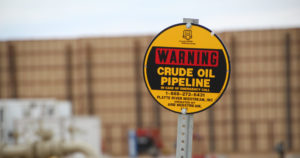
Distribution pipelines are small lines that represent the final link in the chain of oil and gas development. They move petroleum and gas products from final transportation points along large transmission pipelines to homes, businesses, and industrial facilities.